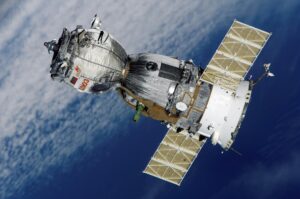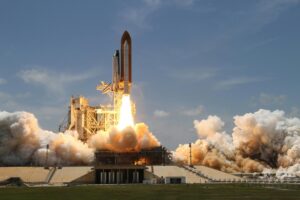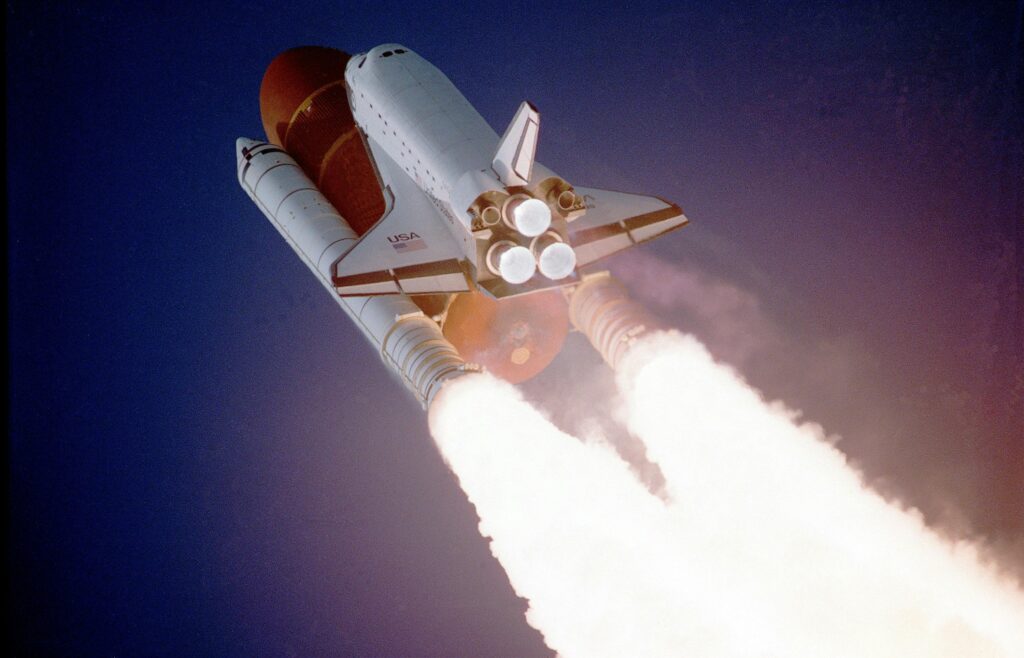Space research is perhaps one of the most thrilling and powerful frontiers of modern science. Space research is the investigation and exploration of the universe based on the methods of astronomy, space science, and physical sciences. After the launch of the Soviet Union’s Sputnik 1 in 1957, space research changed the human image of the universe by expanding the scope of science, technology, and human imagination.
One of the strongest arguments as to why space research is significant is the fact that it has the potential to tell us our position within the vast universe.

With the help of modern telescopes and daring space exploration, scientists have unraveled the mysteries of distant planets, stars, galaxies, and even enigmatic black holes. Path-breaking discoveries, such as water on Mars, exoplanets within far-off solar systems, and the elusive gravitational waves, have unlocked new frontiers of human understanding. Such discoveries pose fundamental questions regarding the origins of life and the question of extraterrestrial life, compelling science to venture beyond the boundaries of our planet.
And another significant aspect of space exploration is the technological breakthrough it produces. The majority of the technologies that have been developed to travel to space have become part of our daily lives. Technologies like GPS navigation, satellite communication, weather forecasting, and even imaging technologies like MRI and CAT scans have their roots in space research. The very difficulty of propelling human beings along with technology beyond our skies has pushed scientists and engineers to conceive improved and more effective technology that ultimately benefits the greater good of human civilization.
Space exploration is a valuable assistance in our efforts towards comprehending and protecting our world. Satellites orbiting Earth provide essential information about climate change, deforestation, ocean currents, and natural calamities. These fantastic tools enable scientists to monitor worldwide environmental patterns and help governments design soundly grounded policies for the protection of the world. Consider, for example, hurricane and earthquake early warning systems; they have already saved thousands of lives, just due to satellite observations.
Space travel has a rosy future. Space agencies like NASA, ESA, SpaceX, and ISRO are gearing up for ambitious missions, including manned missions to Mars, moon colonization, asteroid mining, and deep space exploration. Public space agencies collaborating with the private sector are ushering in progress at reduced costs. Space travel, once the prerogative of fantasy, is going to be a reality, and commercial spaceflight will be as ubiquitous as global air travel.
However, the quest for space exploration is not free from problems. It is an expensive and risky venture. Space missions are vulnerable to failure by technical faults, while the unfriendly nature of the universe endangers human life and equipment. There are also ethical questions about space colonization and the utilization of space resources. These need to be addressed cautiously so that the benefits of space exploration come to the collective benefit of all humanity.
Short and to the point, space exploration is not just a science mission—it’s the future. It inspires generations, drives innovation, keeps our planet healthy, and brings the world together in a shared quest for knowledge. The farther we reach out into the stars, the more we learn about the universe and about ourselves and where we stand in the grand universe.



